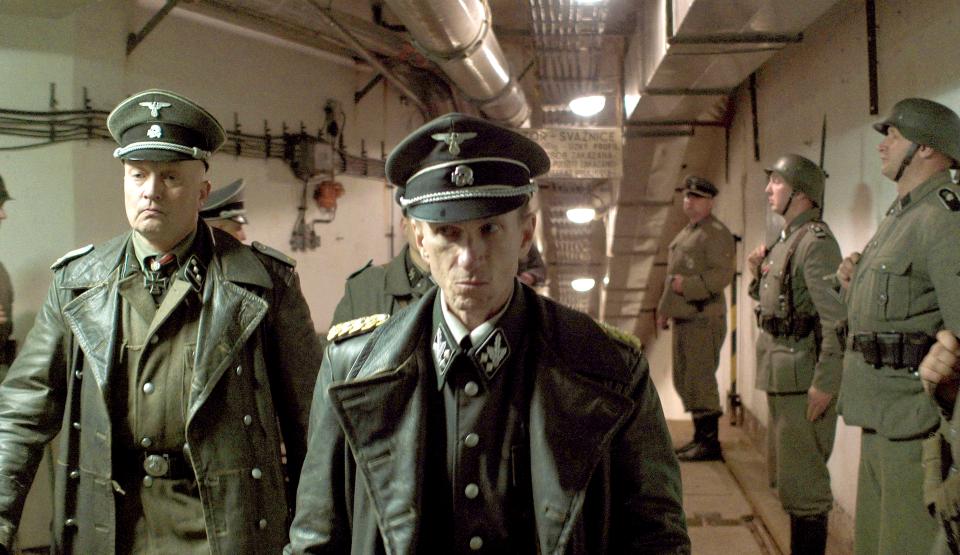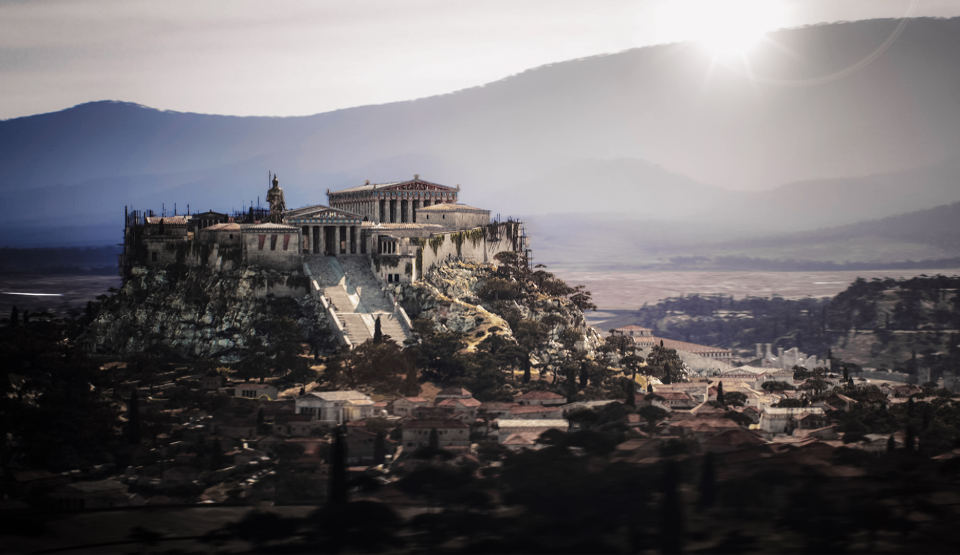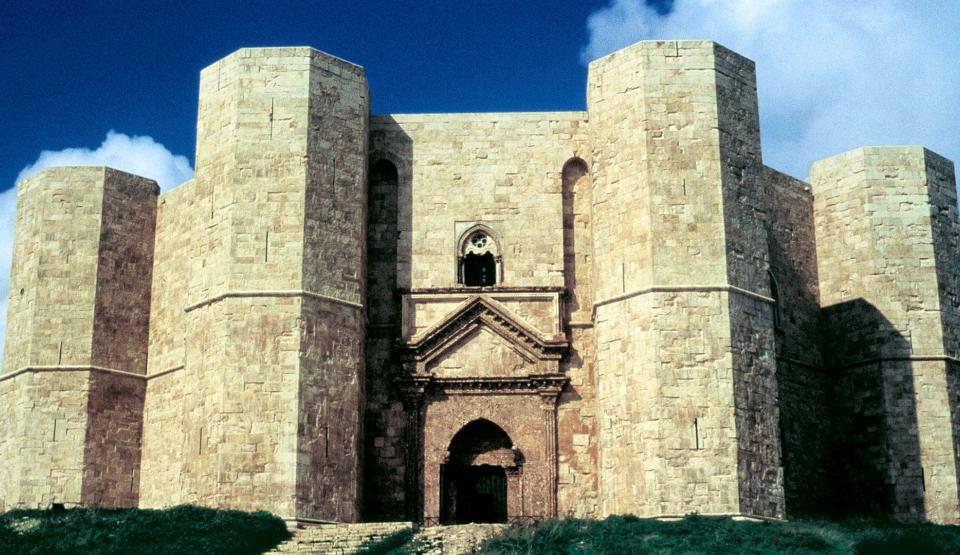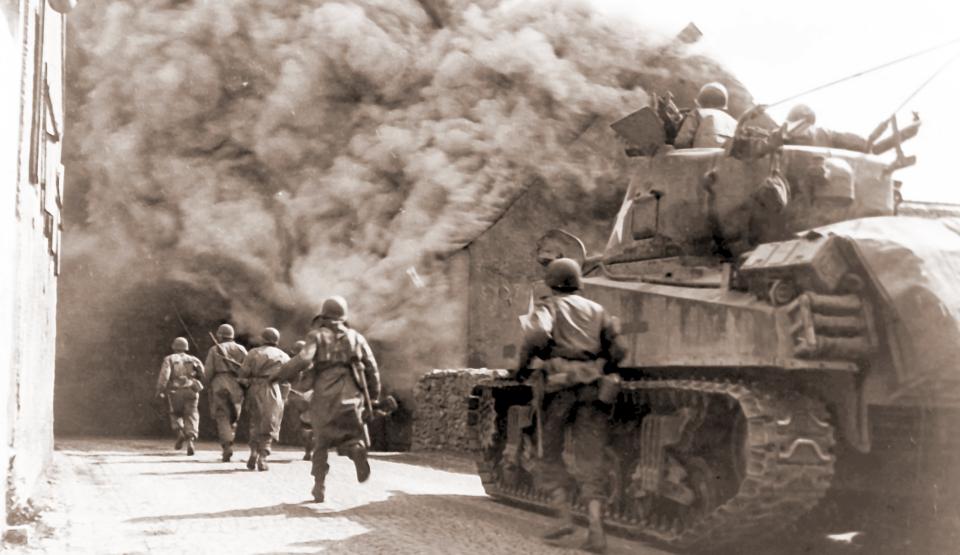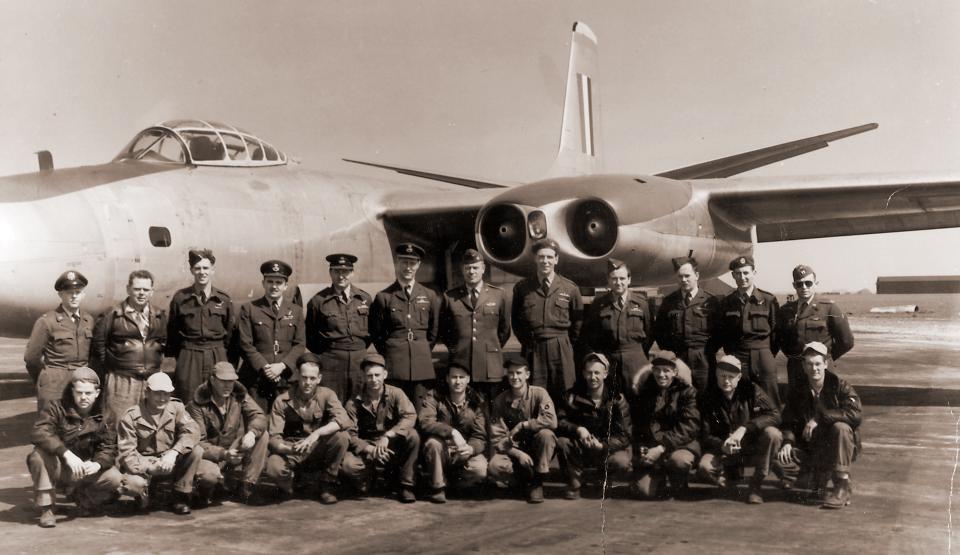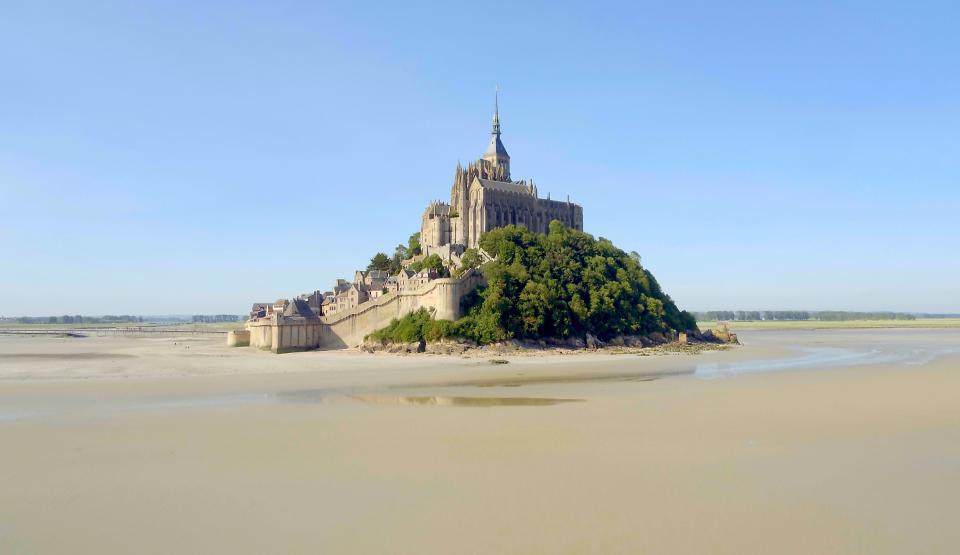The times were turbulent around 1100 AD, when West-Roman Christianity was spreading out in all directions. The Crusades played an important – perhaps the most important – role here, and certainly the most well-known role of all. The advance of the Islamic Seljuks could not be stopped, especially their attacks on the travel routes of the pilgrims, who were on their way to the holy Christian sites. As more and more attacks were recorded, the Patriarch of the Eastern Roman Church, Alexios I, asked Rome for help. Christianity was already divided at that time, though not between Catholics and Protestants, but between the Eastern Roman (Orthodox) and Western Roman churches. The crusades were thus played out in the midst of these various interest groups. The expansion of the West Romans cut a swath through the Islamic territories, which had by then reached the climax of their development. The Byzantine realm increasingly lost its importance. It was not a battle of cultures, not a struggle against Islam, but a chaotic confrontation of warlords and princes. The main goal of the crusades – the conquest of Jerusalem – was soon forgotten, and the first conquest ended with bloodbaths among the civilian population that are still notorious today. The following crusades were equally infamous and far from an honor to Christianity.



